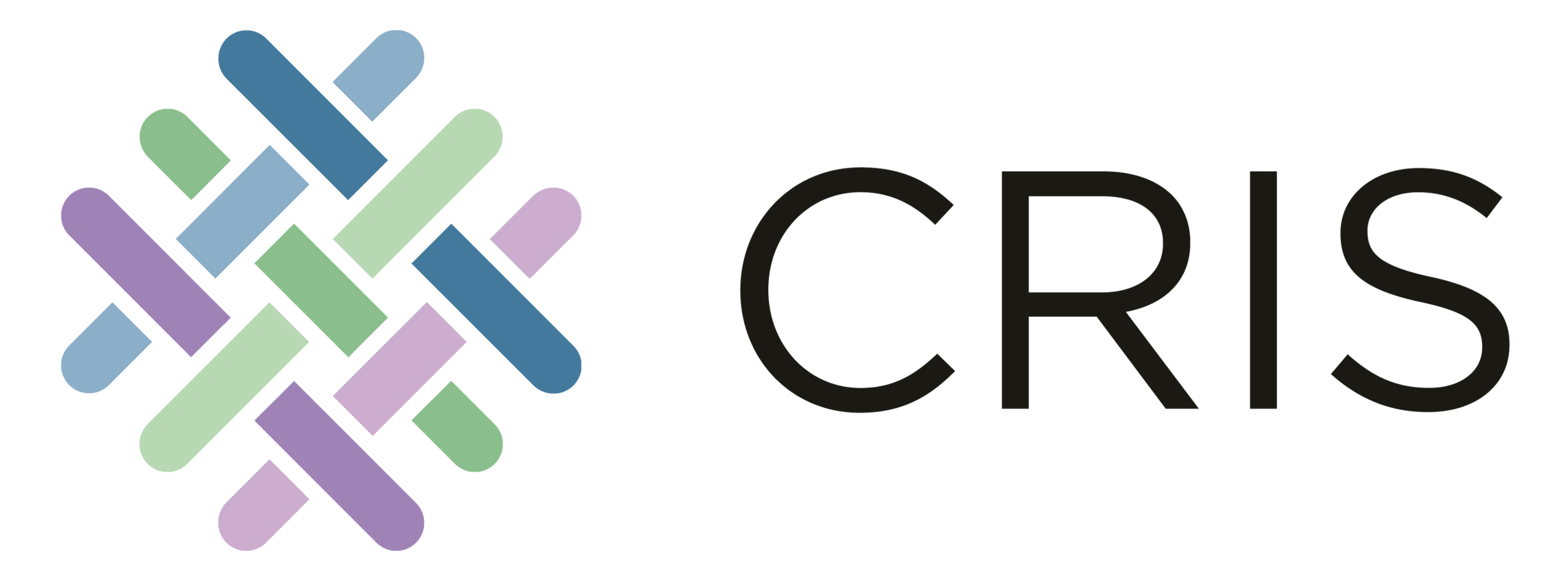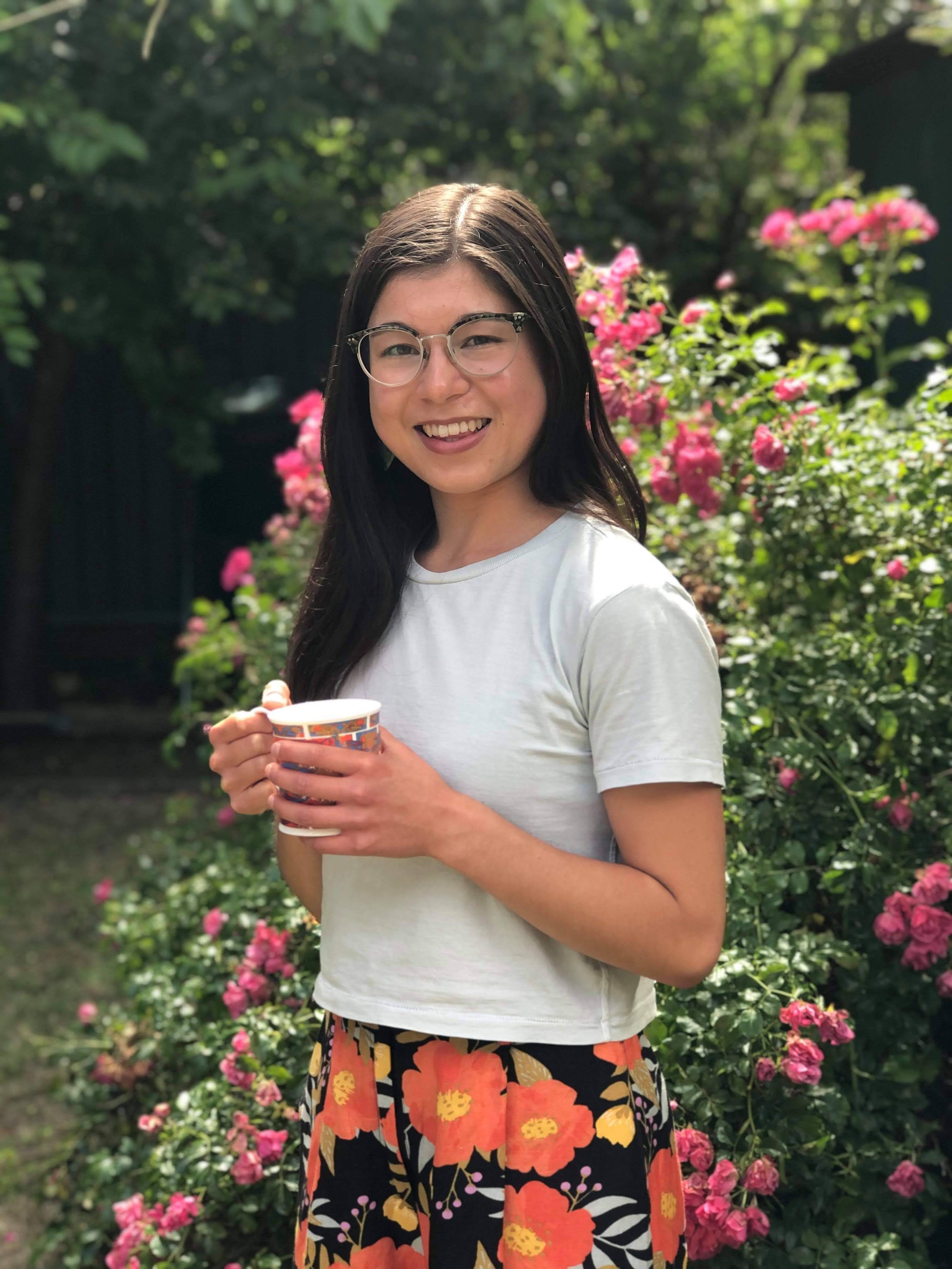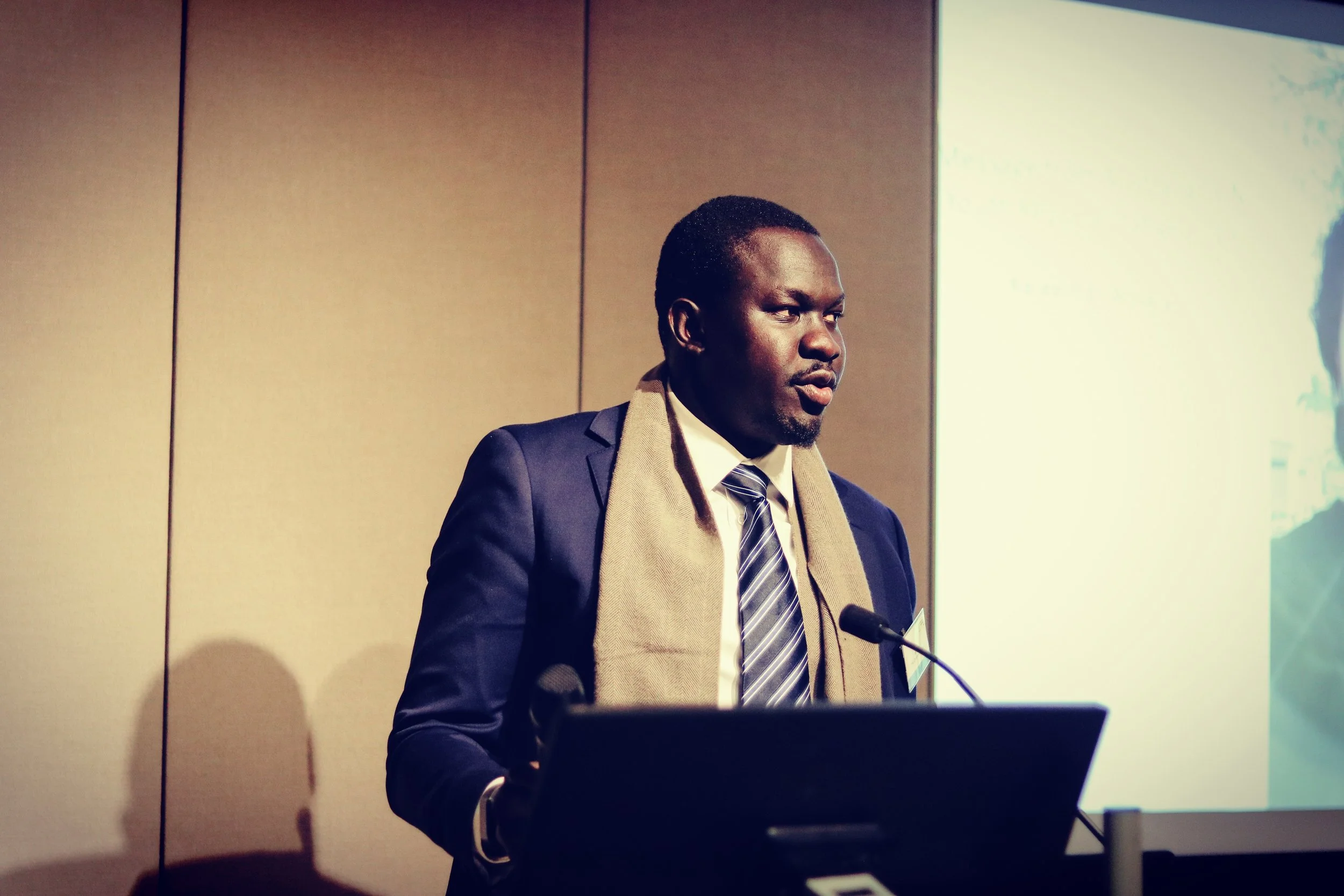Letters to Australia: Meg Lee
AMF LETTERS TO AUSTRALIA
Fresh, Diverse Voices Imagine the Future
Letters to Australia is an initiative from the Australian Multicultural Foundation (AMF) aimed at amplifying voices not always heard in the national conversation. This online collection of ‘letters’ elevates the voices of young advocates and thinkers so they may be heard by the wider Australian community. It also seeks to encourage curiosity and open mindedness about Australia’s future in the community more generally.
Australians from all walks of life will be invited, each month, to share their intelligent, critical perspectives on Australia’s future to draw attention to issues, questions and ideas which are important to us all.
Meg Lee
Speaking from the lands of the Wurundjeri People of the Kulin Nation, I pay my respects to their Elders past, present and emerging, and acknowledge that sovereignty has never been ceded. I acknowledge how multiculturalism has sometimes been used as a tool to reduce First Nations peoples to ‘just another culture’ and that Indigenous experiences of mixed heritage differ, fundamentally, from settler Australian experiences of ‘mixedness’ like mine.
Dear Reader,
I grew up in a mixed family with relatives – of blood and friendship – from many different backgrounds and always saw my life as being enriched, both by a diversity of role models and by my early understanding of difference as a natural and normal part of being human. Still, identifying for the first twenty years of my life as ‘half Chinese’, I always felt quite abnormal.
My sister and I grew up in regional Victoria and never encountered other kids from mixed families or saw any representation of families like ours in children’s stories or on TV. Even now, living in Melbourne where there are plenty of others like me, the discrimination faced by mixed couples and families is often glaring (literally, glares!).
While some ‘halfies’ (the children of mixed couples) seek and find a sense of acceptance in online communities of people with similar life experiences, that such communities are necessary highlights the pressing need for our understanding of multiculturalism to be brought up to speed with reality. The power to claim a whole cultural identity – and therefore, cultural validity – should be available to everybody. By normalising terms like ‘mixed’, or ‘mixed heritage’, we give individuals and families the power to identify as something complete, rather than straddling two or more partial identities that emphasise what we are not.
My experience of being mixed heritage in Australia makes it clear to me that, for multiculturalism to truly flourish here, we need to consciously include intercultural lives, identities, relationships and families in our visions for Australia into the future. Doing so will enable us to see beyond socially constructed but real – often divisive – boundaries of race, ethnicity, religion, and culture.
In recent years, I’ve noticed an emerging representation of mixed relationships and families in English language media and literature, largely from Britain and the US. If Australia follows this example, it can make a real difference in the lives of Australians with mixed heritage, particularly for children whose communities have little diversity or ‘mixedness’.
Public figures like famous sportspeople or social media stars are well-placed to encourage social recognition of ethno-cultural heritages as something all Australians carry with them. Those with mixed heritage, families, or relationships, can help normalise lives lived across ethno-cultural lines and popularise terms like ‘mixed heritage’ by opening conversations about intercultural life. And those with Anglo-Celtic backgrounds could broach the topic of their own heritage as a way of making dominant White cultures visible.
Barriers to some mixed heritage Australians claiming a whole identity are inextricably linked to the invisible nature of Whiteness in our country, as when the media reports the ethnicity of criminal offenders when they aren’t White, but rarely when they are. Or how White people are rarely asked ‘where are you from?’. Or how I never realised I had a White half (despite being raised by my White mother) until someone first asked me, ‘what’s your other half?’.
Recognising that ethnicity and culture function not just within labelled categories but between, across, and behind them helps us understand that all human beings have ethno-cultural heritage. It disrupts erroneous assumptions that Whiteness is neutrally a-cultural. We all have cultural roots, not just those who are labelled ‘diverse’ because they have parents who came to Australia from elsewhere, who have non-‘Aussie’ accents, or skin tones that don’t match the Band-Aids.
The reality and the value of our multiculturalism comes from meaningful relationships formed across cultures, heritages, and perspectives. Why not stop limiting our possibilities as individuals, as friends, partners, families, and communities, and embrace multiculturalism in all parts of our lives and relationships? Mixed relationships, couples, families, and children should feel not just welcome and recognised but expected and normal in our multicultural society.
At twenty-four, it has only been a few years since I stopped using the label, ‘half Chinese’. Those few years were a period of deep questioning, shared in many ways with my sister. Between the two of us, it took eight years of sociological and anthropological study to begin to understand how our ethno-cultural identities were more than a mathematics of genealogy. While it was a fun journey, it shouldn’t be this hard to reach the understanding that a mixed identity is a whole identity. Imagine how far we could go if this understanding was the starting point from which future generations could embark on journeys of their own.
Sincerely,
Meg Lee
Meg Lee grew up in Ballarat in central Victoria in a “family of strong, socially-minded women”, which instilled in her a strong commitment to disrupting discrimination including sexism, racism, and ageism. She has completed a Bachelors Degree with Honours in Anthropology at the University of Melbourne and is currently a PhD candidate with the Melbourne Centre for Health Equity. Meg has worked and volunteered across a range of community-based projects with multicultural youth. She’s currently a project assistant at the Australian Multicultural Foundation. “I hope to add momentum to our budding conversations which recognize ‘mixedness’ as more than a calculus of fractional ancestries,” she says. “The questions we don’t ask, the conversations we don’t have are the ones from which we stand to learn the most.” In her spare time, you’ll find Meg wandering along the Merri Creek trail, dancing zouk with her sister or curled up with her nose in a book.
“When you consider social forces such as culture and ethnicity, ask yourself, ‘what are the assumptions bounding my thinking, and how can I disrupt them?’”
Read more Letters to Australia:











